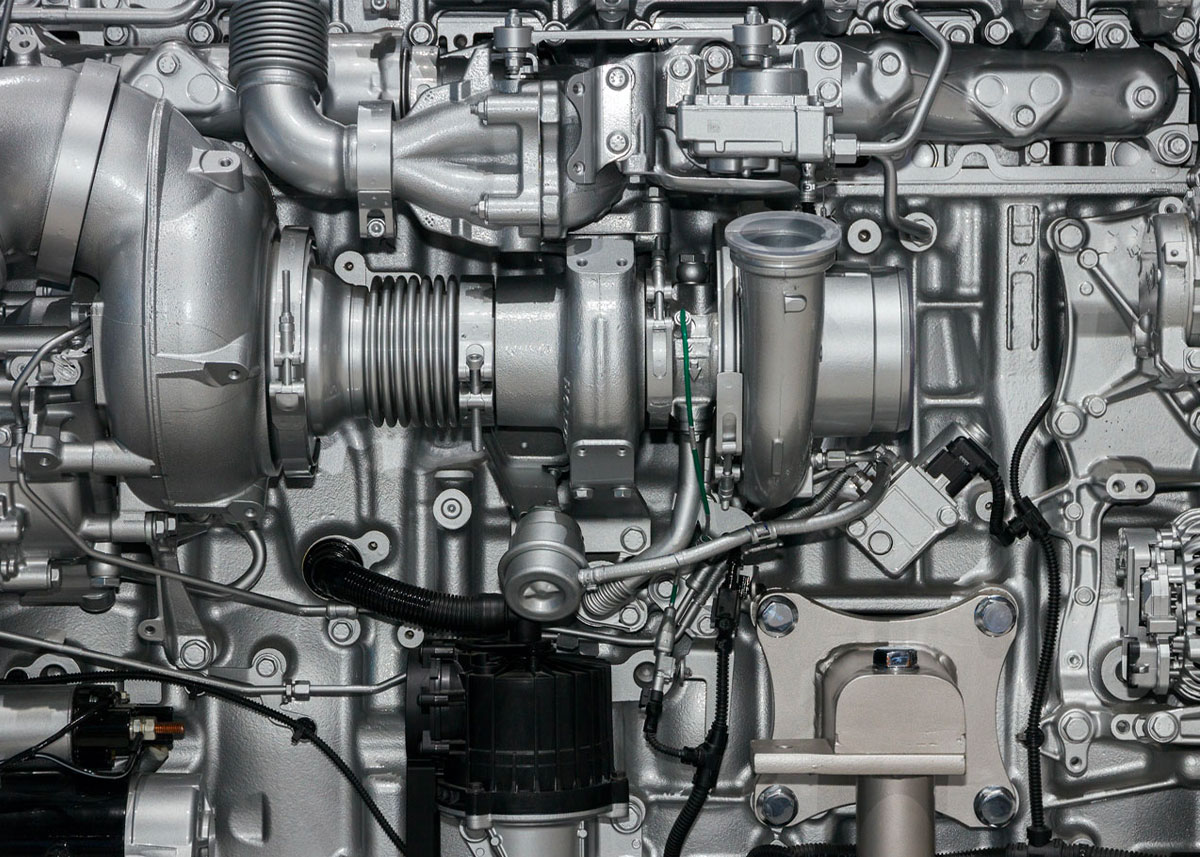The Impact of Innovative Engine Technologies on Energy Efficiency and Environmental Sustainability
In the realm of transportation and commercial equipment, the continual pursuit for improved energy efficiency and minimized ecological effect has led to substantial innovations in engine modern technologies. From the gradual shift in the direction of electric and hybrid systems to the combination of turbocharging for improved effectiveness, the landscape of engines is progressing rapidly.
Advancement of Engine Technologies
The development of engine innovations over the years has been marked by constant advancement and improvement in quest of improved efficiency and efficiency. From the early days of inner burning engines to the cutting-edge crossbreed and electric powertrains of today, the evolution of engine innovations has been driven by an unrelenting quest for improved fuel effectiveness and lowered exhausts.
One substantial landmark in this evolution was the development of turbocharging and straight shot systems, which substantially improved engine power outcome while boosting fuel effectiveness. These technologies enabled smaller sized, more light-weight engines that could supply the performance of larger ones without jeopardizing on efficiency.
In addition, developments in materials science have led to the widespread adoption of lightweight materials such as light weight aluminum and carbon fiber in engine building and construction. This has not just reduced total car weight however has actually likewise boosted engine effectiveness by reducing energy losses related to inertia and friction.
Benefits of Electric and Crossbreed Systems
With the growing emphasis on sustainability and power effectiveness, what benefits do electric and hybrid systems provide in the realm of engine modern technologies? Electric and hybrid systems present various benefits that contribute to a more sustainable and energy-efficient future. Among the key advantages is the significant decrease in greenhouse gas emissions compared to typical internal combustion engines. Electric cars produce absolutely no tailpipe exhausts, bring about boosted air top quality and lowered environmental effect. Furthermore, electric and hybrid systems are much more energy-efficient, converting a greater percentage of stored power right into propulsion compared to standard engines. This efficiency leads to lower energy usage and operating expenses over the vehicle's life time. Furthermore, electric cars supply regenerative stopping systems that save and record power generally shed throughout stopping, even more improving energy effectiveness. Crossbreed systems combine the advantages of electrical propulsion with the flexibility of a burning engine, providing extended reducing and driving ranges array anxiousness for consumers transitioning to electric lorries. In general, hybrid and electrical systems play a critical role ahead of time energy effectiveness and environmental sustainability in the transportation sector.
Turbocharging for Improved Effectiveness
Cutting-edge engine innovations like electric and hybrid systems have actually led the way for developments in car effectiveness, with turbocharging becoming a key strategy for enhancing general performance and sustainability. Turbocharging jobs by utilizing a turbine to compel more air into the burning chamber, enabling much better fuel combustion and increased power output without a significant increase in engine size. This process, recognized as forced induction, makes it possible for smaller sized, much more fuel-efficient engines to generate power levels equivalent to larger ones. By making best use of the performance of the burning process, turbocharged engines can achieve better fuel economy and reduced emissions, adding to ecological sustainability. Furthermore, turbocharging improves engine responsiveness, offering chauffeurs with a much more vibrant driving experience. The extensive adoption of turbocharged engines in both gas and diesel automobiles shows their performance in balancing efficiency, effectiveness, and ecological effect. As automobile manufacturers remain to fine-tune turbocharging innovation, its duty in advertising energy effectiveness and sustainability in the transport industry is anticipated to expand even more.
Utilizing Alternative Fuels
Using alternative fuels offers an appealing method for minimizing carbon exhausts and diversifying the power resources utilized in transport. As the globe strives to deal with climate modification and lower reliance on nonrenewable fuel sources, alternate gas have actually acquired considerable focus for their potential ecological and financial advantages.
Biofuels, such as ethanol and biodiesel, are originated from renewable sources like corn, sugarcane, and algae, providing a cleaner burning option to typical gasoline and diesel. These fuels can be blended with existing petroleum fuels or made use of in dedicated engines, providing a pathway to reduced greenhouse gas discharges and boost air quality.
Additionally, hydrogen gas cells have emerged as an appealing innovation for zero-emission transport. engines for africa. By transforming hydrogen gas right into electricity to power electric motors, gas cell vehicles produce just water vapor as a by-product, getting rid of dangerous tailpipe exhausts completely
Along with lowering carbon exhausts, different gas can likewise improve energy safety and security by diversifying the gas mix and lowering dependence on imported oil. Embracing alternate gas in transportation is a crucial action towards achieving an extra lasting and eco-friendly future.

Future potential customers and ecological benefits
The ecological advantages of different fuels and their capacity for long-term sustainability are crucial considerations in the shift in the direction of cleaner energy resources. Alternative gas, such as biofuels, hydrogen, and electricity, deal substantial environmental advantages contrasted to traditional nonrenewable fuel sources. These gas produce lower degrees of greenhouse gas exhausts, reducing air pollution and mitigating environment adjustment impacts. Furthermore, different gas can help branch out power resources, boosting energy safety and security and minimizing reliance on finite resources.
Advancements in technology proceed to boost the effectiveness and cost of alternative gas automobiles, making them much more available to consumers. By welcoming cutting-edge innovations and alternative Recommended Site fuels, the course in the direction of a more lasting future becomes significantly attainable.

Verdict
In verdict, innovative engine modern technologies have played a vital role in enhancing power efficiency and promoting ecological sustainability. engines for africa. The advancement of engine technologies, fostering of electrical and hybrid systems, usage of turbocharging, and expedition of different fuels have all added to decreasing exhausts and raising effectiveness. The ecological advantages of these developments are clear, and there is excellent prospective for additional development in the future. Engine modern technologies proceed to be a key area of focus for accomplishing an official website extra lasting future.
In the realm of transportation and commercial equipment, the continuous mission for improved energy performance and lowered ecological impact has led to considerable improvements in engine technologies. Turbocharging works by utilizing a turbine to force more air into the combustion chamber, enabling for much better fuel burning and raised power outcome without a significant increase in engine dimension. By maximizing the performance of the combustion procedure, turbocharged engines can accomplish improved gas economic climate and decreased exhausts, adding to environmental sustainability. Different fuels, such as biofuels, hydrogen, and electricity, deal significant ecological benefits contrasted to conventional fossil fuels. The advancement of engine innovations, adoption of electrical and hybrid systems, utilization of turbocharging, and expedition of alternate gas have all contributed to content raising and minimizing exhausts effectiveness.